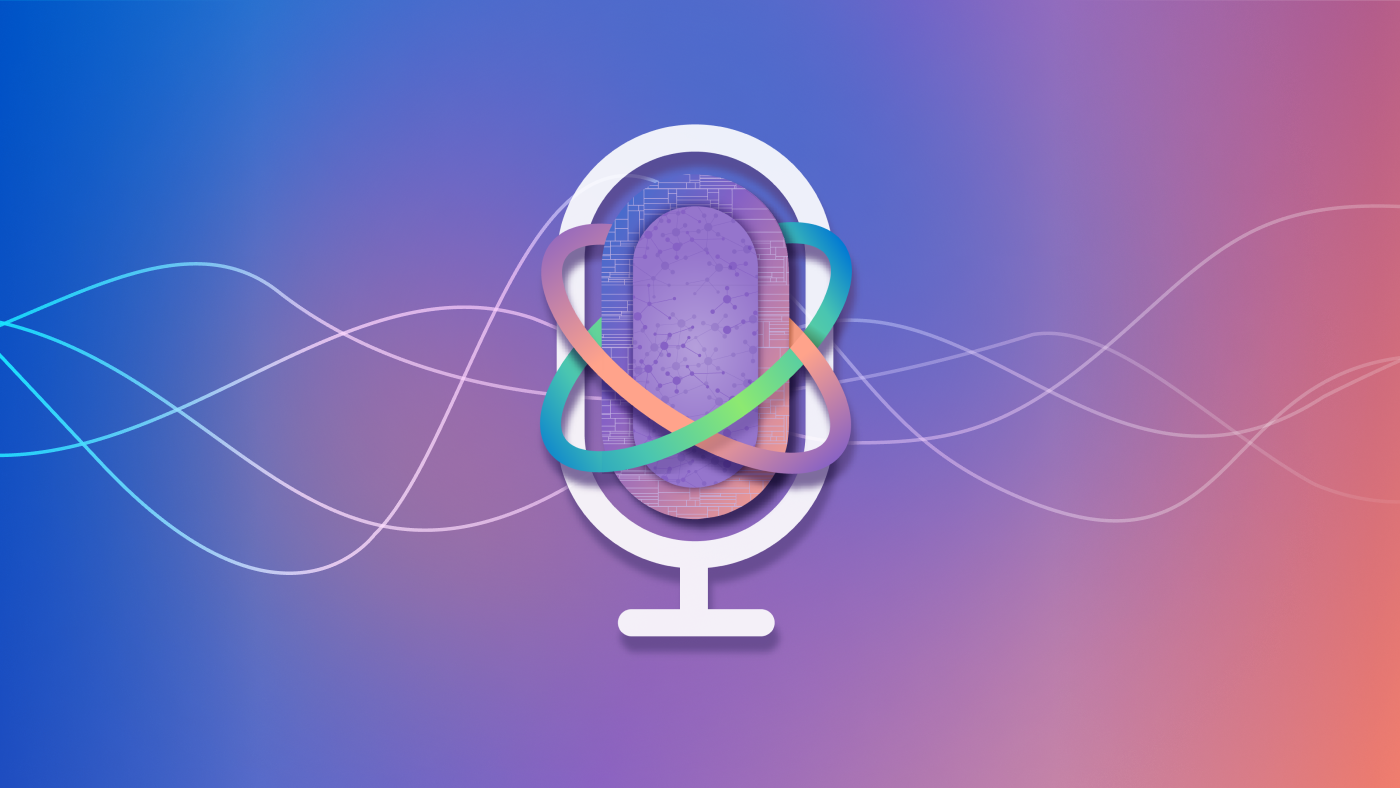
Abstracts: December 12, 2023
Members of the research community at Microsoft work continuously to advance their respective fields. Abstracts brings its audience to the cutting edge with them through short, compelling conversations about new and noteworthy achievements. In this episode, Senior Principal Research Manager Tao Qin and Senior Researcher…
